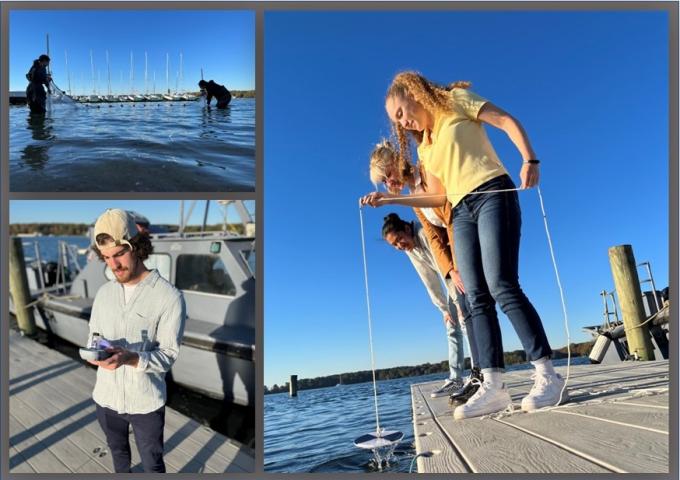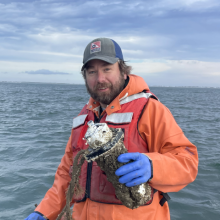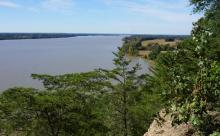
The Office of Research and Sponsored Programs at St. Mary’s College of Maryland (SMCM) congratulates Professor Randolph Larsen and the Marine Science Faculty on their $900,000 federally funded award from the Department of Education. The Marine Science Program, which is the first of its kind in the State of Maryland, was established at the college in the fall of 2021. Previous market research indicated the need for a robust undergraduate program that focuses on the study of biology and chemistry applied to marine, estuarine, and coastal environments. The St. Mary’s River and the Lower Potomac River serve as a perfect real-world laboratory for training the next generation of Marylanders on how to understand and positively influence the response of estuaries to a changing environment, initiatives that will protect these great natural and economic resources for generations to come.
St. Mary’s will utilize the entirety of the federal award on two specific areas of capital expenditures. First, funds will be directed towards the acquisition of a purpose-built research vessel capable of carrying students and instructors for educational and research activities throughout the Chesapeake and associated river systems. This 40-55 foot vessel would fill a niche in the Maryland academic community by being smaller, less expensive, and easier to operate within the tributaries. This vessel would be used by SMCM faculty with their undergraduate students and would also be available to the greater scientific community.
The remaining funds will be allocated for the acquisition of scientific equipment and instrumentation to study biological, chemical, and physical properties of the St. Mary’s River, Lower Potomac River, and Chesapeake Bay. These instruments and equipment range from the simple (nets and dredges) to the sophisticated (spectrometers, underwater remote-operated submersibles, and geophysical sensors).
This generous investment will allow the college to graduate more students with hands-on, research-oriented educational experiences. It will also help the college integrate innovative pedagogical practices into the curriculum to train the next generation of marine scientists. The college acknowledges and appreciates Professor Larsen, previous Director of Research and Sponsored Programs, Sabine Dillingham, and Paul Pusecker, Vice President for Business and Chief Financial Officer, as well as program faculty members Elka Porter, Emily Brownlee, Elizabeth Hamman, Cassie Gurbisz, and Susan Langley, for their efforts in securing this exciting appropriation.
For additional information or for assistance with identifying, securing, and managing externally funded research, contact the ORSP office.



